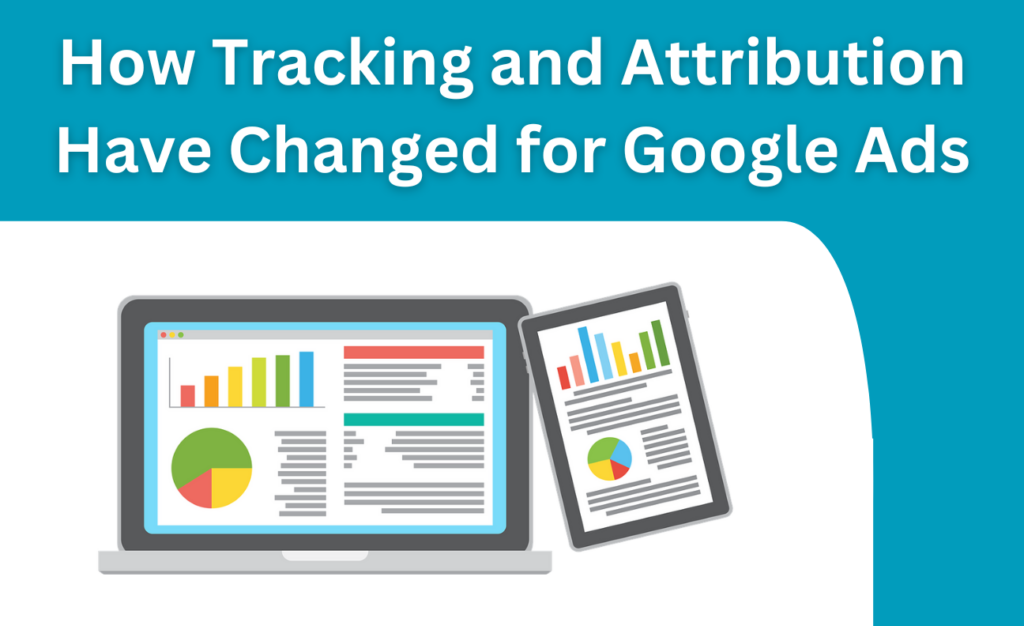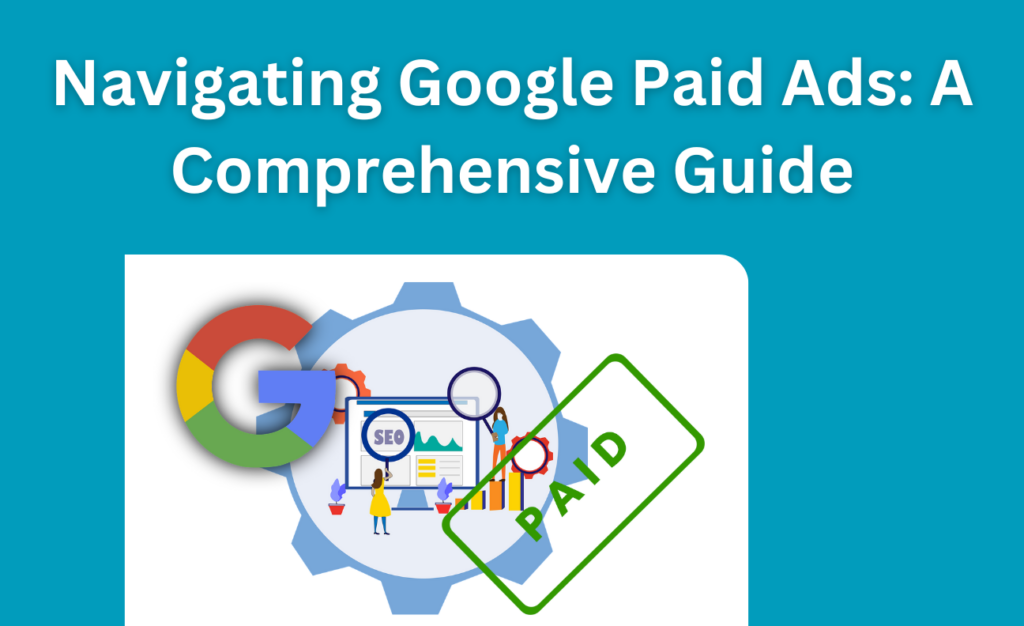[vc_row][vc_column][vc_column_text]
Tags – Learning from Corporate Collapses
The idea for this blog comes from an article on The Guardian by Rob Davies. You can check the original article here.
What happens when solutions are presented for the sake of providing a solution?
When an effort is put into understanding a unique situation, the solutions tend to make relative sense. But, when solutions are based on merely external fears, the outcomes are quite questionable.
Keeping in mind the corporate collapses of Carillion and BHS, the Competition and Markets Authority (CMA) has advised splitting up the big four accountancy firms. Not only are the two situations almost unrelated, some of the statements made here are quite questionable.
Serious Competition Problems
The CMA suggests that there are “serious competition problems” in the accountancy sector and there needs to be a distance between auditing and consulting practices.
The suggestion would have made sense if the changes were to be made across accounting businesses. But, CMA has limited this suggestion for the giants only. This form of bias towards success is already problematic.
In any case, there is a possible case to be made here for conflicts of interest, but in reality, auditing and consulting are quite related. Consulting without any form of analysis, let alone a financial audit, is merely friendly advice. Same is the case with our accounting business – MV Chartered Accountants. Even further, connected with Axies Digital, this is no different from a website audit before an SEO strategy in digital marketing. The two steps are taken by the same company in order to achieve consistency in the solution and cutting out on any disparities.
Audit Quality
CMA’s solution to the “serious competition problems” is also quite interesting. CMA wants companies to hire a second auditor while using the auditing services of the big four.
I cannot find any positives for this suggestion.
Not only is CMA suggesting to increase the costs of auditing, it will also pardon complex organisations from the requirement. Once again, the overall solution is inconsistent. But, the problem does not end there.
The COO of TheCityUK, Marcus Scott, rightfully questioned the impact of such suggestions, pointing out that there was “no evidence that they will lead to genuinely enhanced audits”. Similarly, the Financial Reporting Council and KPMG have pointed at the fact that smaller firms might be unequipped and in some cases, unwilling to audit organisations beyond their capacity. In such cases, instead of improving the quality of audits, the final picture might even be worse.
Under such circumstances, CMA’s suggestions here sound like trying to punish success.
Punishing Success
My aim here is not to defend the big four.
Like most organisations, the big four have their own shortcomings. And, they need to work on them in order to provide a better service.
But, the fact remains the same.
Big organisations go to the big four for their accounting needs because the level of service needs to match up. Rarely would a multibillion dollar company work with a small scale consultant. At a financial level, this need for matching levels and standards grows exponentially. The number of people dependent on these organisations is usually in the 100s of thousands, if not millions. And, any solutions that can affect such a wide number needs to examined and reexamined before applying.
Under such circumstances, providing solutions for the sake of providing solutions is not the way forward. Trying to create holes to poke in does not go far anyways.
In any case, CMA is expected to reanalyse the big four in 5 years time. Hopefully, the solutions will be based on understanding the situation, rather than using a generalised tone.
This is exactly what we try to do at Axies Digital, when providing business strategy and marketing services. To learn more, get in touch today.[/vc_column_text][/vc_column][/vc_row]










